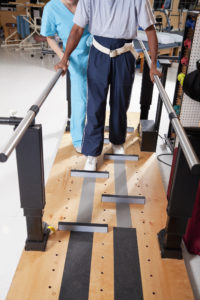New Endocrine Clinic Optimizes Transition From Pediatric to Adult Care

Endocrinology patients tend to have chronic illnesses that require lifelong care. Furthermore, many endocrine conditions evolve, so appropriate treatment approaches can change over time as well.


 Many older patients with hematologic cancers have another condition to worry about—one they don’t always feel comfortable discussing with their health care team. As people are living longer, memory problems have become increasingly prevalent. However, little is known about the impact of cognitive impairment, and specific domains of cognitive impairment, on older cancer patients and their survival.
Many older patients with hematologic cancers have another condition to worry about—one they don’t always feel comfortable discussing with their health care team. As people are living longer, memory problems have become increasingly prevalent. However, little is known about the impact of cognitive impairment, and specific domains of cognitive impairment, on older cancer patients and their survival.
 In September 2019, results from the
In September 2019, results from the  It can be challenging to assess the effects of dietary changes on a disease, especially when those changes involve eliminating common, often beloved foods from a child’s diet. However,
It can be challenging to assess the effects of dietary changes on a disease, especially when those changes involve eliminating common, often beloved foods from a child’s diet. However, 

